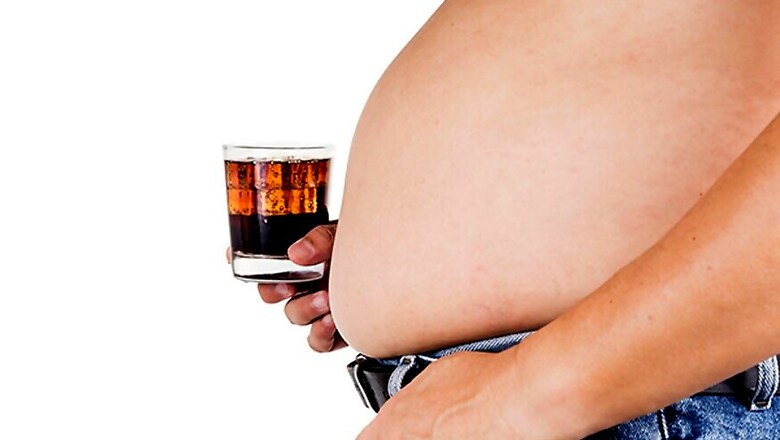
views
A food sweetener called erythritol, which occurs naturally in certain fruit and is a widely used substitute for sugar, has been identified as a biomarker for increasing fat mass, according to new research.
Although erythritol, a sugar substitute used to sweeten low-calorie foods, supposedly has very little impact on blood glucose with its zero calorie content (0.2 kcal/g versus 4 kcal/g for sugar), it has now been identified as a biomarker for weight gain by a study led by Cornell University researchers and researchers at Braunschweig University of Technology, Germany, and the University of Luxembourg, Luxembourg.
Erythritol -- which occurs naturally in a variety of fruits, such as pears, watermelon and grapes, fermented products like wine and miso, as well as soy sauce -- could favor weight gain and an increase in fat mass, the study reports.
To analyze the impact of erythritol on metabolism, the scientists studied 264 students starting university -- a time of life that can lead to changes in diet, metabolism and weight gain. According to the study, 75% of high school students gain weight after starting university.
The students who gained weight and abdominal fat during their first year of university had 15-fold higher levels of erythritol in their blood at the start of the year than participants who were stable or lost fat mass over the course of the school year.
More generally, the negative effects of artificial sweeteners -- commonly used to replace sugar in low-calorie foods -- have been the focus of several studies in recent years. According to Australian research, published in July 2016 in Cell Metabolism, such sweeteners could stimulate appetite, leading to the consumption of up to 30% more calories.
The most well-known sweeteners, used as food additives, are aspartame, acesulfame potassium, neotame, alitame, cyclamate and saccharine.
Foods labeled "sugar-free" often contain birch xylitol and sorbitol, used in low-calorie or sugar-free foods like jams, sweets and chewing gum. The study does not state whether these substances have an impact on blood sugar.
The study is published in the Proceedings of the National Academy of Sciences.
The study is available here: http://dx.doi.org/10.1073/pnas.1620079114


















Comments
0 comment